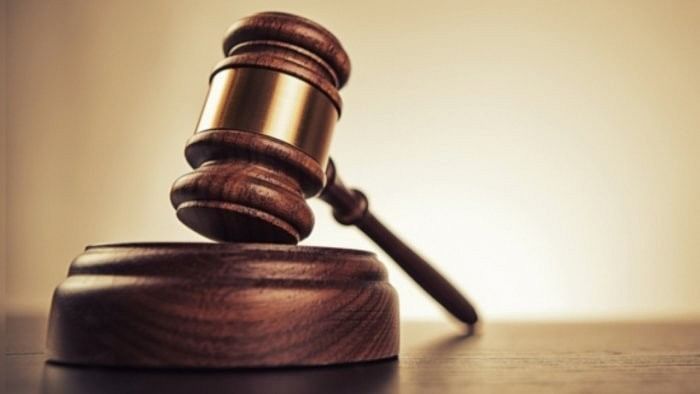
Representative image showing a gavel.
Credit: iStock Photo
New Delhi: A local court has refused to extend the interim bail granted to Supertech chief R K Arora, accused in a money-laundering case, on medical grounds.
Arrested last June, the Supertech chairman and promoter has been on interim bail since January 16.
Additional Sessions Judge Devender Kumar Jangala directed the jail authorities in an order passed on Friday to provide the necessary prescribed medical treatment to Arora.
The judge directed Arora to surrender before the jail authorities by 5 pm on May 13. He also directed the jail authorities to allow him to carry the medicines prescribed to him by the doctors treating him.
"Considering the facts and circumstances of the case and report of the medical board constituted on the directions of the Hon'ble (Delhi) High Court, I am of the considered opinion that there is no requirement of extension of interim bail on medical grounds, especially when the date for alleged surgery is not yet fixed by any private or government hospital," the judge said.
Arora had sought a 90-day extension of the interim bail.
The judge said Arora may avail the prescribed treatment regarding his illness while remaining in custody.
The court had granted interim bail to the Supertech chief, stating that his medical reports furnished on record was duly supported with the diagnostic report and its genuineness was not disputed.
The Economic Offences Wing of the Delhi Police and its counterparts in Haryana and Uttar Pradesh registered 26 FIRs against Supertech, its group companies and Arora for criminal conspiracy, cheating and criminal breach for allegedly cheating at least 670 homebuyers of Rs 164 crore.
The Enforcement Directorate (ED) had filed a case based on the FIRs to probe into alleged money laundering by the accused.
It alleged that the amount collected by Supertech was diverted to its group companies for the purchase of properties and the company with land having much lower value.
The ED alleged that the accused persons acquired properties and made illegal/wrongful gain arising out of the proceeds of crime by involving, indulging and commissioning criminal activities related to the scheduled offences.